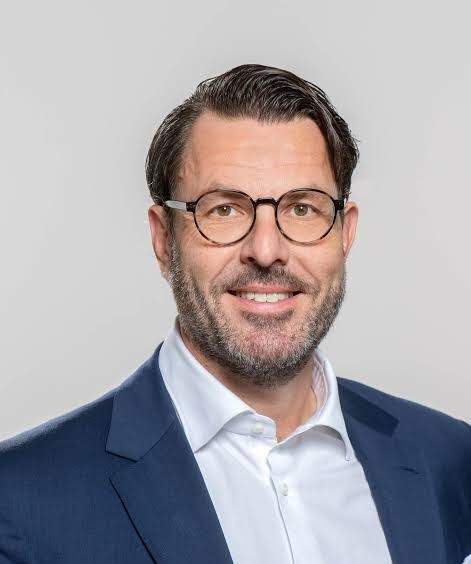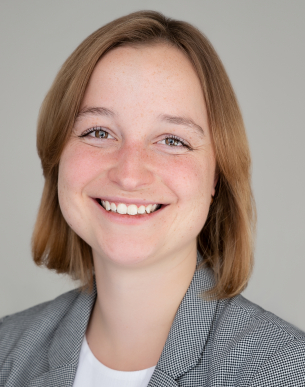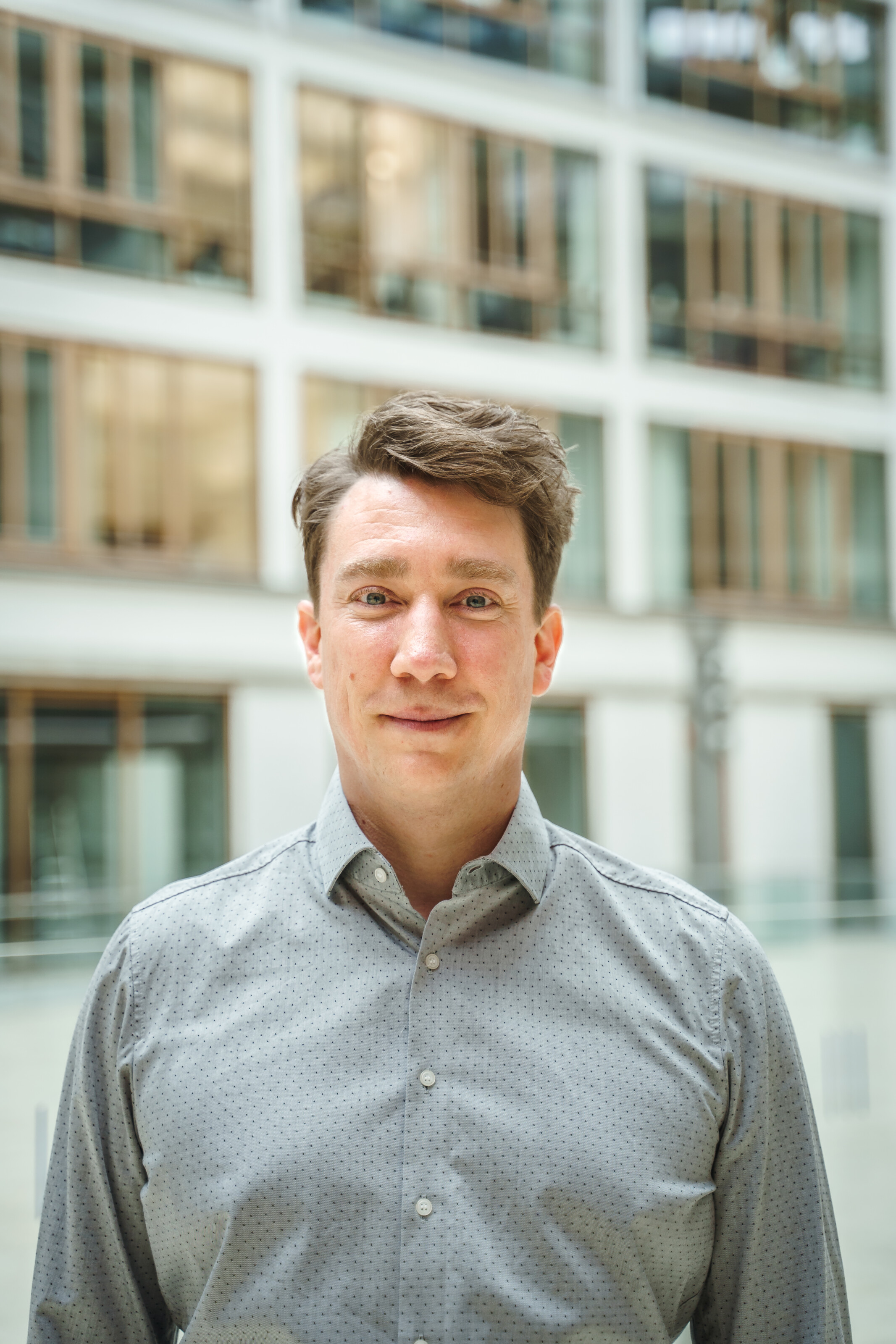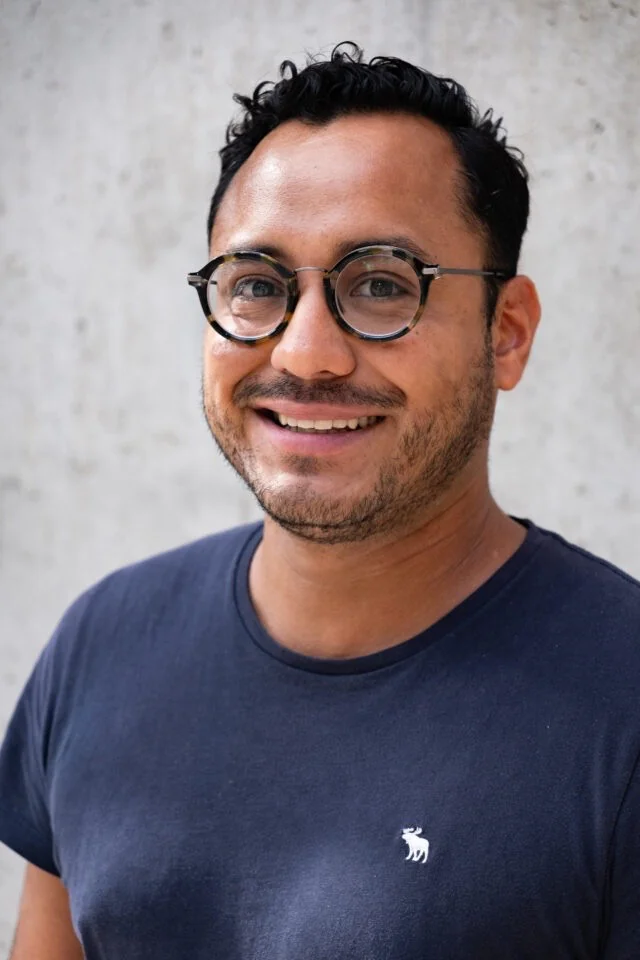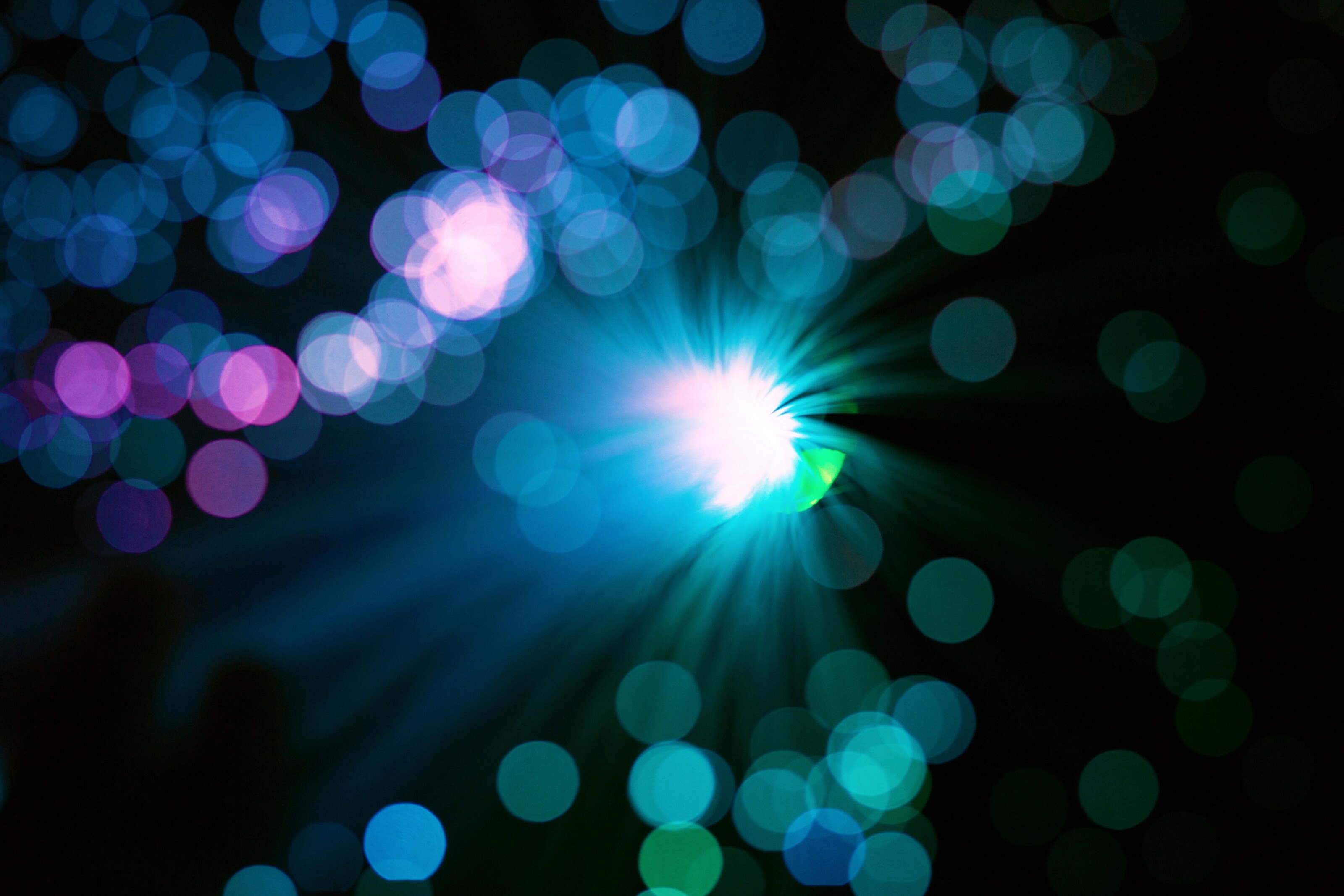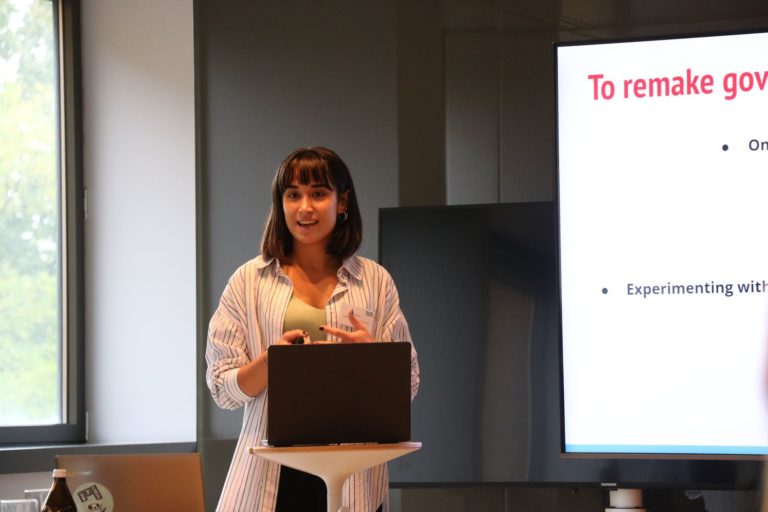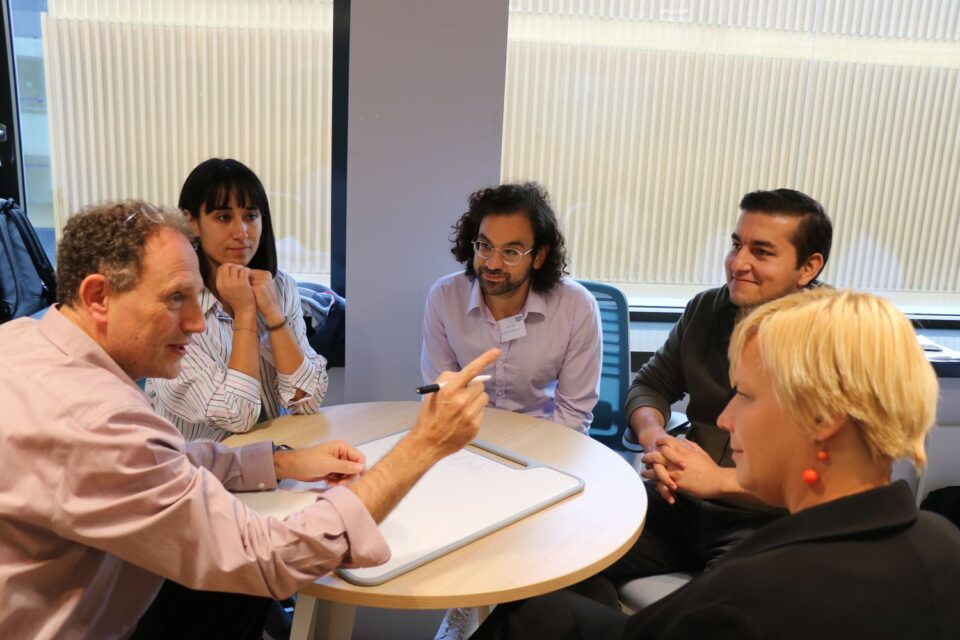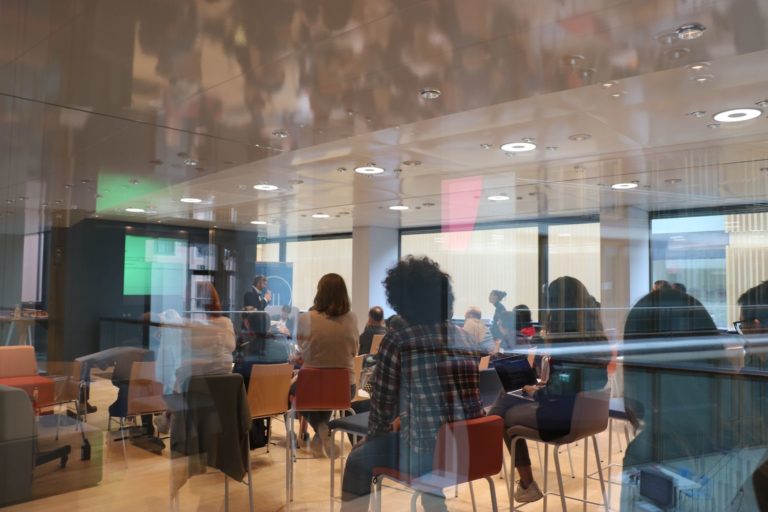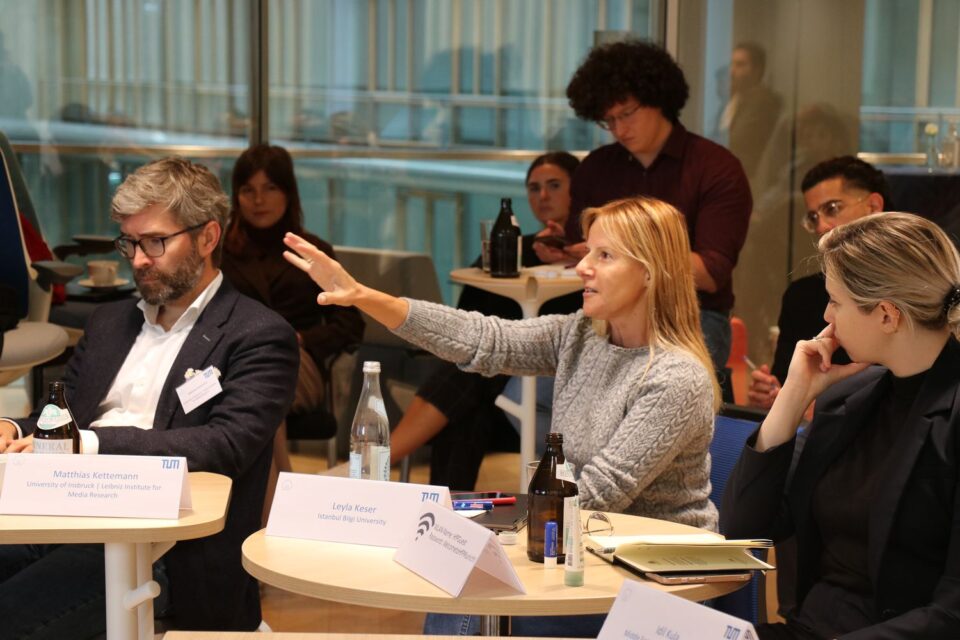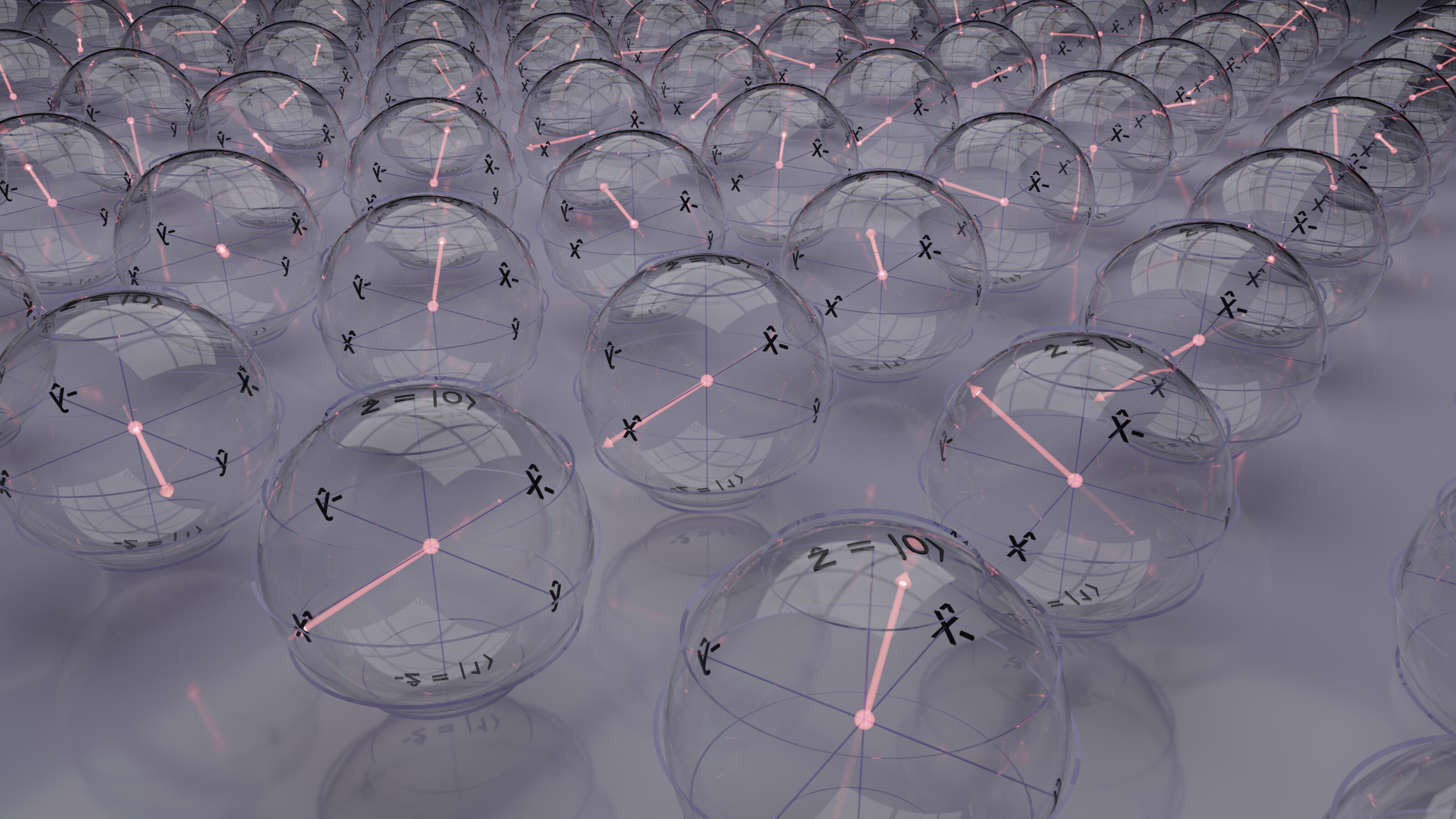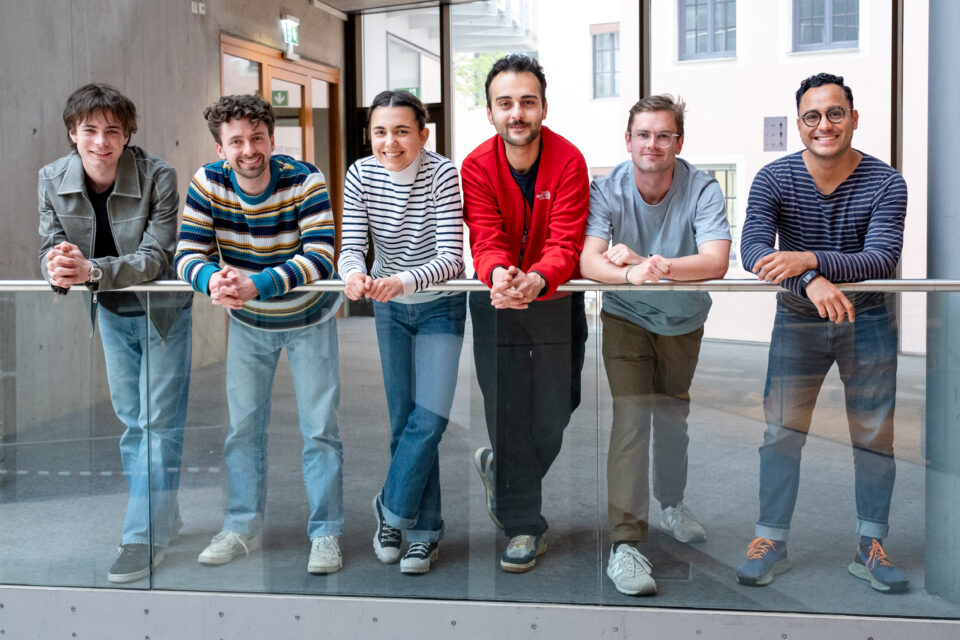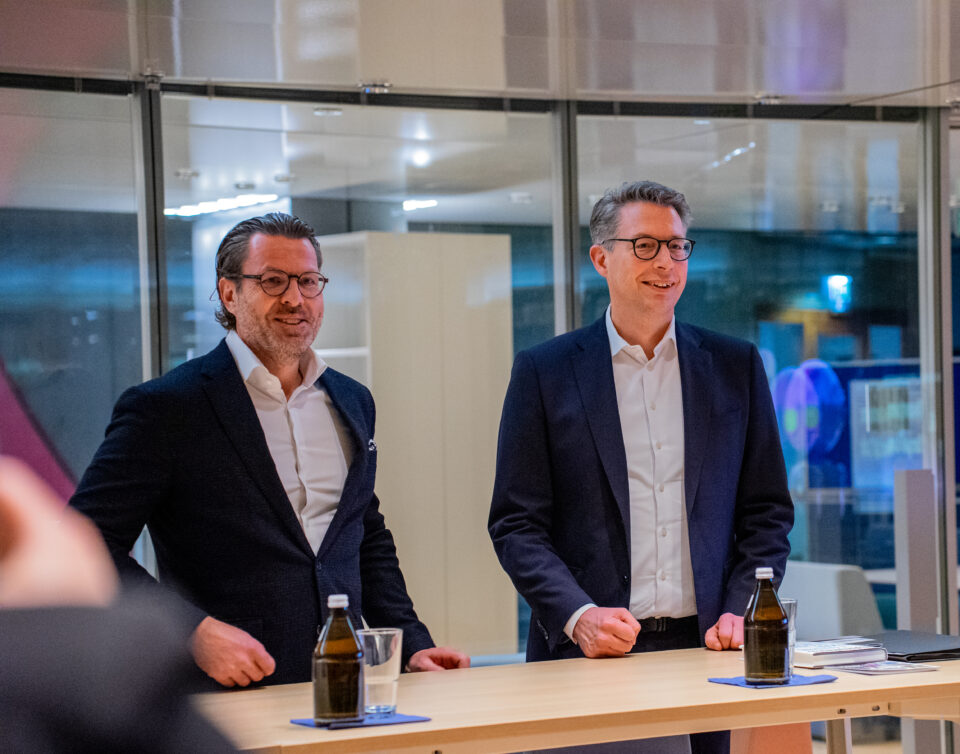
Explore today how quantum will impact tomorrow
About the Lab
The Quantum Social Lab (QSL) is an interdisciplinary space dedicated to addressing the societal, ethical, and policy dimensions of the emerging field of second-generation quantum technologies. We believe that technical progress alone can't capture the full implications of this powerful new era. To address this, we bring together a diverse community of researchers, students, developers, and artists from different disciplines and backgrounds to shape the ethical, legal, and societal dimensions of this emerging socio-technological domain.
How Quantum Technologies can be governed responsibly
Building on the ELSPI framework and its core principles of safeguarding, engaging, and advancing, we examine existing and emerging policies across sectors to identify opportunities and risks. In their latest work, Urs Gasser and colleagues demonstrate how these anticipatory approaches can be more effective than traditional hard-law models, providing agile and responsible pathways in rapidly evolving technological landscapes.
Our inquiries also extend across disciplinary frontiers. We explore the interface of quantum technologies with artificial intelligence (QAI), decision-making, and neuroscience. We also address forward-looking themes such as the relationship between quantum technologies and consciousness, investigating how quantum algorithms might mirror cognitive abilities or open new avenues for understanding mind and awareness. Additional areas of exploration include the regulatory and energy implications of quantum systems, as well as their geopolitical impact as second-generation quantum technologies emerge.
The Quantum Social Lab's key publications showcase our commitment to anticipatory governance and interdisciplinary research. Building on this foundational work, QSL refines and applies frameworks and tools in practice — uncovering sector-specific challenges and opportunities, and shaping responsible pathways for the future of quantum technologies:
Español, G. A., & Marco, F. (2025, October). Quantum sandboxes for the majority world: A dual governance approach to innovation and regulation. T20 South Africa.
Aboy, M., Gasser, U., Cohen, I. G., & Kop, M. (2025). Quantum technology governance: A standards-first approach. Science, 389(6760), 575-578.
Gasser, U., & Marco, F. (2025, May 9). Cracking the quantum future of finance. Duckbucks. https://duckbucks.com/a/cracking-the-quantum-future-of-finance
Gasser, U., De Jong, E., Kop, M. (2024). A call for responsible quantum technology. Nature Physics, 9 Apr 2024, Vol 20, 525-527.
Kop, M., Aboy, M., De Jong, E., Gasser, U., Minssen, T., Cohen, I. G., ... & Laflamme, R. (2024). Ten principles for responsible quantum innovation. Quantum Science and Technology, 9(3), 035013.
Marco, F. (2024, July 19). Advancing the quantum innovation paradigm: Using AI governance frameworks to identify gaps within quantum governance strategies and their narratives. Paper presented at the EASST-4S 2024 Conference, Amsterdam, Netherlands. URL: https://nomadit.co.uk/conference/easst-4s2024/paper/85866
Kop, M., Aboy, M., De Jong, E., Gasser, U., Minssen, T., Cohen, I. G., ... & Laflamme, R. (2024). Towards responsible quantum technology: safeguarding, engaging and advancing quantum R&D. UC L. Sci. & Tech. J., 15, 63.
Education
The Quantum Social Lab offers a wide range of educational programs. Our university courses are designed to foster an interdisciplinary understanding of quantum technologies, with a focus on Quantum Governance. Our curriculum also explores the intersection of art and quantum technologies, often taught in collaboration with our artists-in-residence. Our courses are open to all TUM students and are taught with state-of-the- art methods, often resulting in real-world applications, artworks, or academic publications. To specifically foster interdisciplinarity, our most promising students can apply for the Young Quantum Social Scientists (YQSS) scholarship. This program promotes cross- disciplinary education, skills and research training, and challenge-based problem solving.
Young Quantum Social Scientists (YQSS)
The Young Quantum Social Scientists (YQSS) program is a one-year scholarship designed to educate and empower the next generation of scholars at the intersection of quantum technologies, politics, and society. The program blends research, education, and hands-on engagement, bringing together students from diverse backgrounds.
YQSS participants contribute directly to QSL's projects, support partners, and pursue their own research. They are also integrated into initiatives such as the QuantWorld Learning Platform, and they take courses on quantum foundations, governance, and ethics to provide them with an innovative, cross-disciplinary perspective.
To broaden their impact, students present their work on international stages such as Xpanse (Abu Dhabi), SONAR, and Quantum Effects, ensuring their voices shape both academic and public debates on quantum innovation.
QuantWorld
QuantWorld is a flagship project supported by the Federal Ministry of Research, Space, and Technology with 1.9 million Euros. Led by the Technical University of Munich in collaboration with Fraunhofer AISEC and the TUM University Clinics, it explores how second-generation quantum technologies may transform sectors such as medicine, banking, and mobility. By placing people at the center, QuantWorld builds public trust and understanding of quantum systems through participatory, human-centered research and innovation.
QuantWorld Learning Platform
Launching in 2026, the QuantWorld Learning Platform will provide an open, accessible entry point into the world of quantum technologies. Starting from real-life contexts, it guides learners toward a deeper understanding of quantum mechanics, governance, and responsible innovation. The platform includes interactive modules, artistic perspectives, and certification options, culminating in a free Quantum Basics course inspired by Elements of AI to promote broad societal literacy in quantum technologies.
Artistic Interventions
At QSL, art is integral to scientific inquiry and community engagement. Through collaborations with artists such as Ila Khamagaran, Patrik Hübner, Anne Kristin Kristiansen, Solimán López, and Benjamin Nott, the lab explores how creative practices can translate complex quantum ideas into accessible, emotional experiences. These artistic interventions provoke reflection, expand imagination, and bridge the gap between technology and human understanding, enriching QSL’s interdisciplinary dialogue and public engagement.
This commitment was demonstrated at the International Quantum Forum, where artistic performances — including those by Ila Khamagaran — showcased how art can expand the conversation around quantum technologies, offering new ways of sensing, interpreting, and experiencing their societal relevance. Such interventions do not merely illustrate scientific concepts; they challenge established perspectives, stimulate dialogue, and open imaginative horizons.
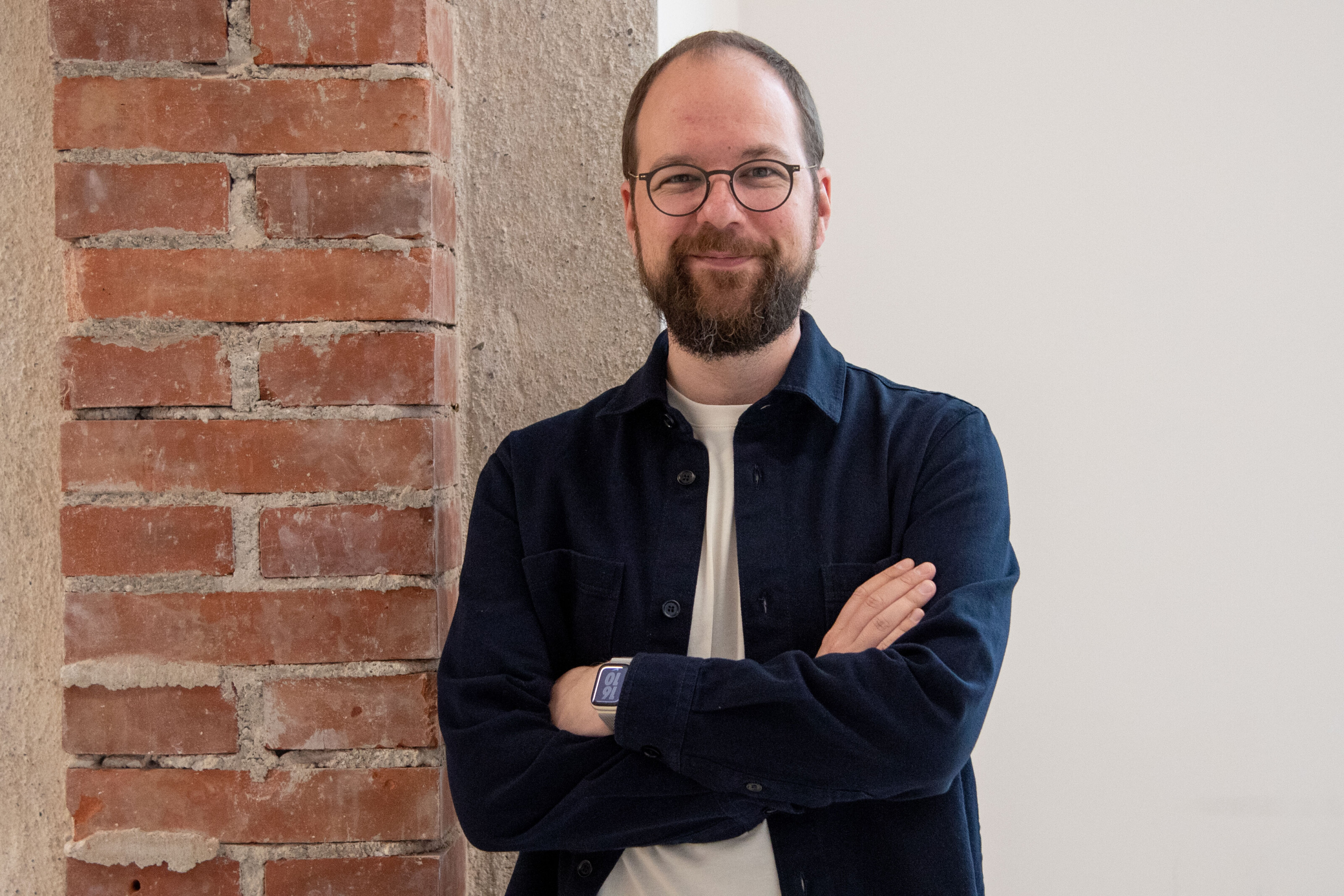
To me, art can act as a mediator and translator of complex technological concepts into comprehensible, engaging experiences that can be more easily digested by both individuals and the society as a whole. [...]
Patrik Hübner
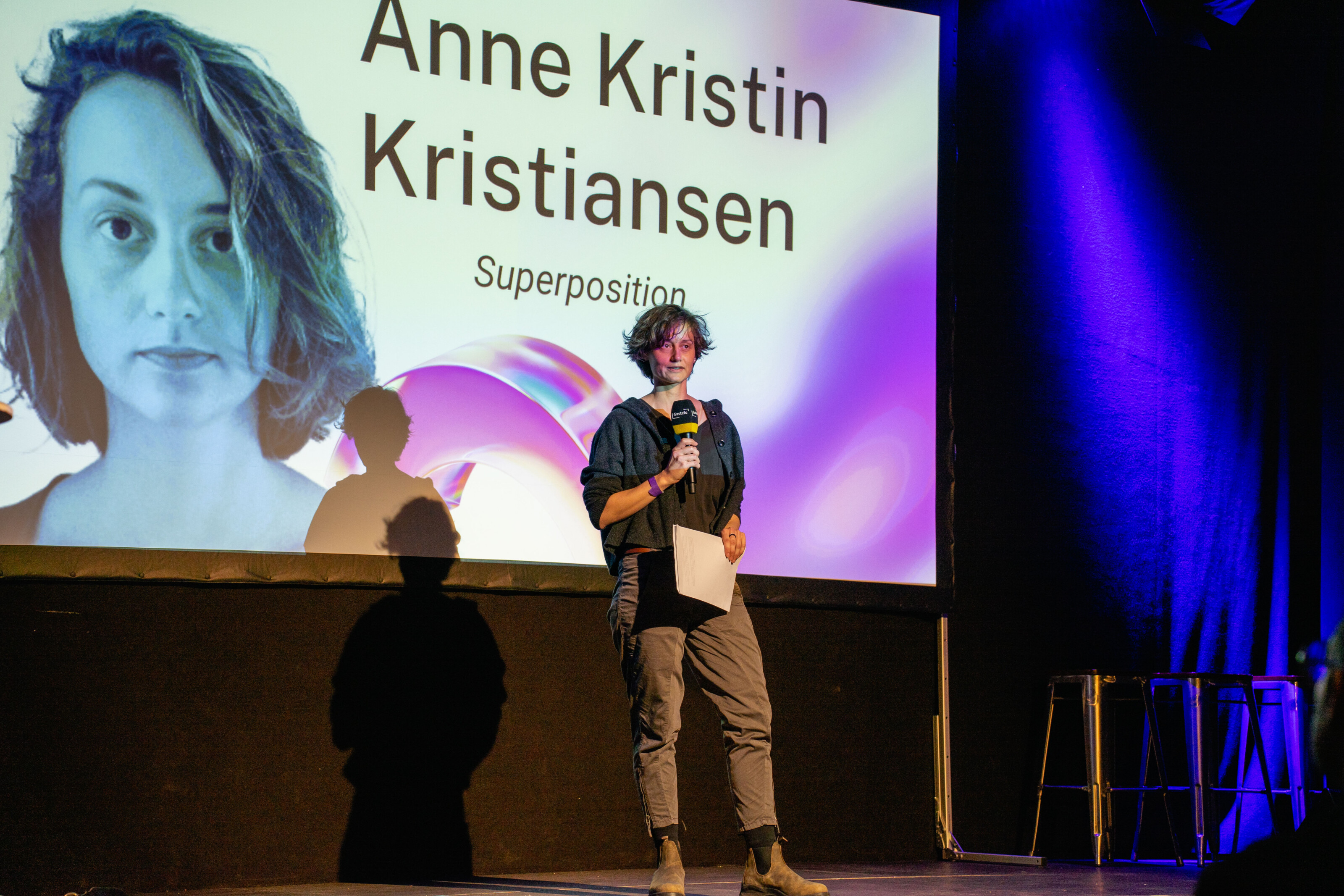
[...] Second generation quantum technologies are extremely interesting to me because of the state of “fragile coherence” they depend on, and the transformative potential that can ensue from such seeming fragility.
Anne Kristin Kristiansen
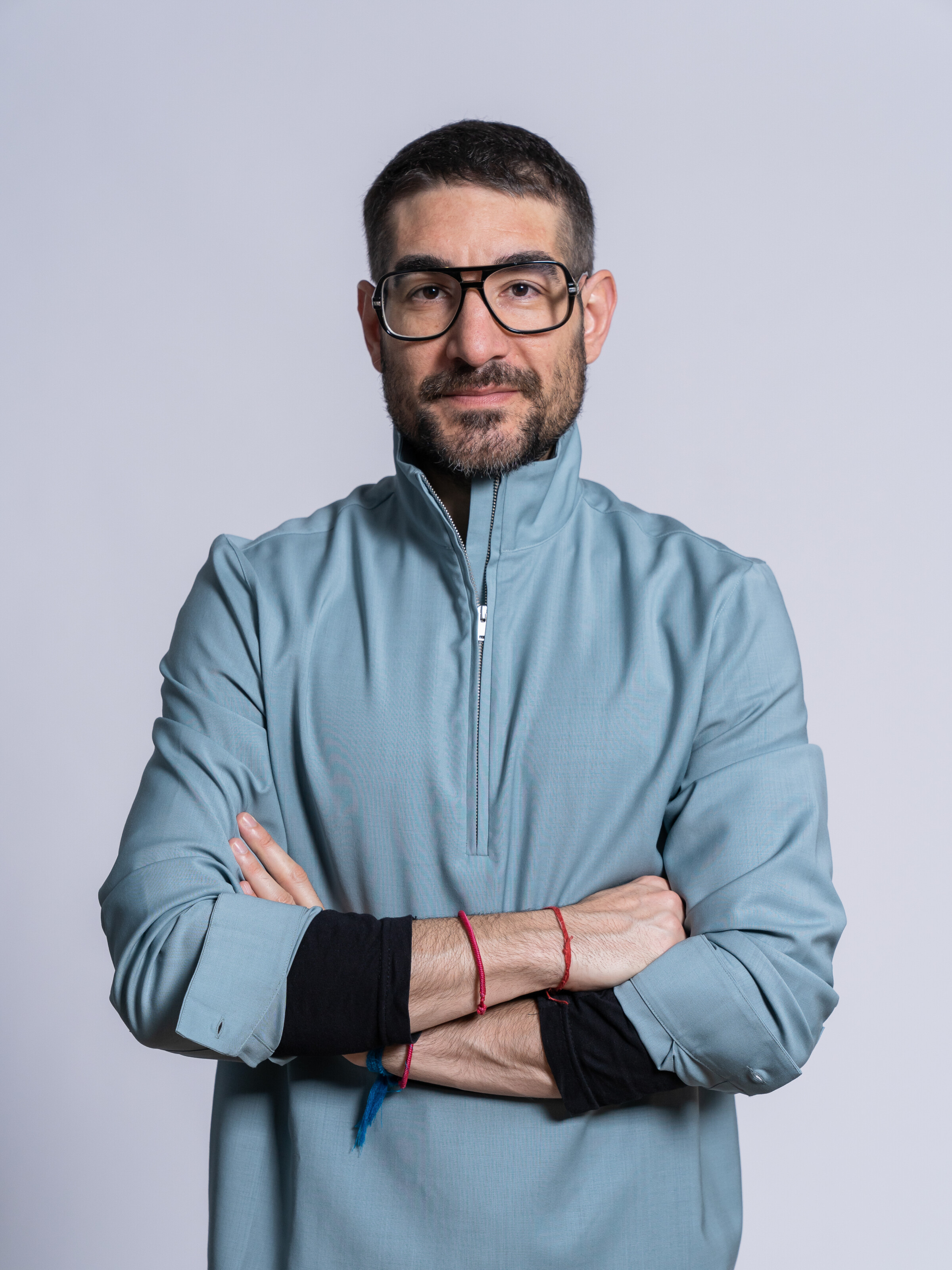
[...] I am deeply fascinated by the concepts underlying the quantum world, and I also believe that a better and more profound understanding of this technology will aid humanity in comprehending the origins of our species and ourselves. However, we must be mindful to "curate" how society utilizes this powerful tool. [...]
Solimán López
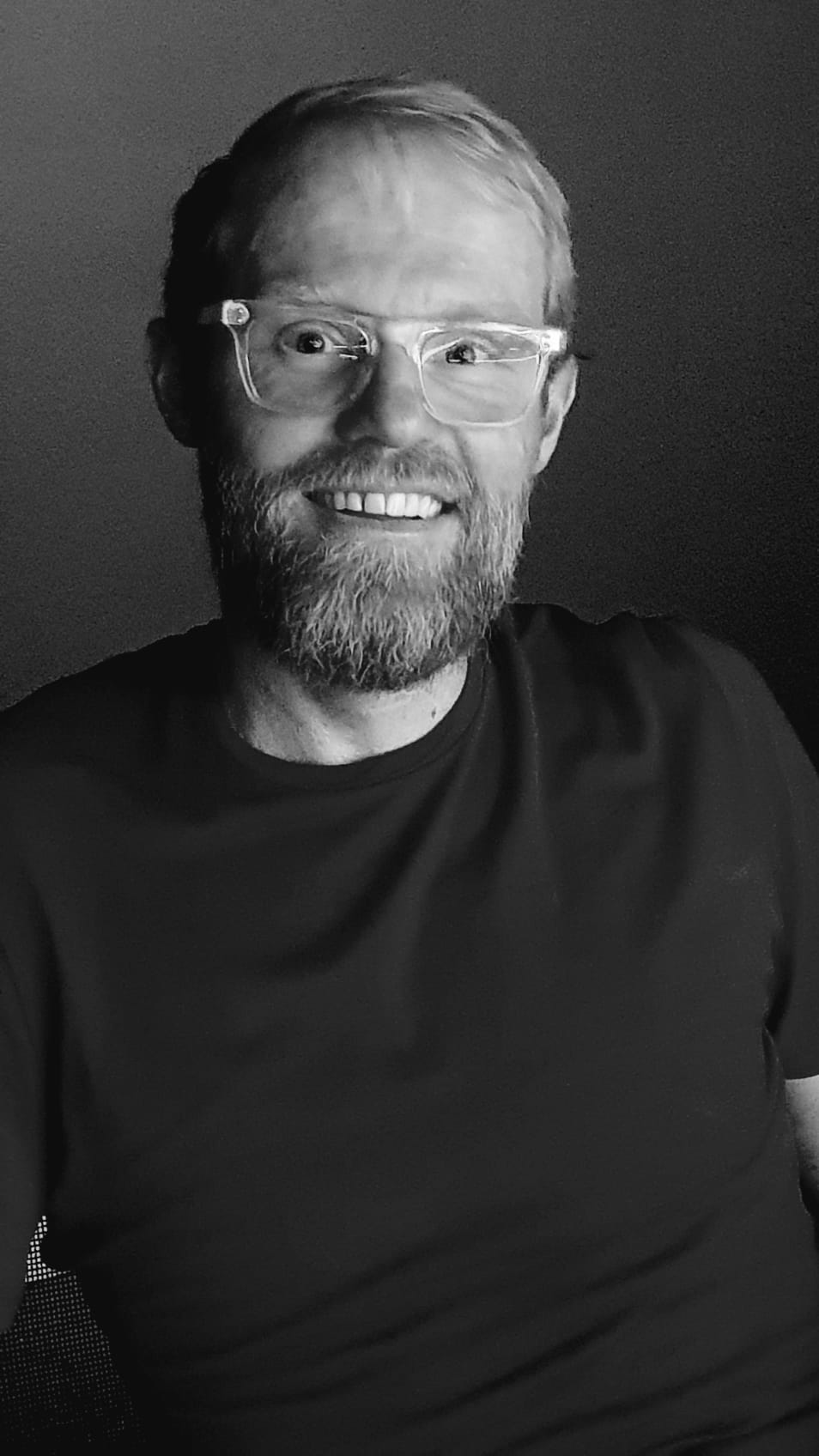
That space between technology and the user is one of the most exciting and daunting places to be. Do you approach it with a tech mindset, or do you approach it with an end-users mindset? I feel the arts have always allowed us to bridge this gap.
Benjamin Nott
Outreach and Events
To bridge the gap between academia and the public, including policymakers, the Quantum Social Lab engages in a variety of events and formats. We not only host our own key events but also collaborate with partners to co-create forums, workshops, and other spaces for public engagement. Examples include:
-
The Transatlantic Quantum Forum (2022)
The QSL hosted a first open academic conference — hybrid together with the Arizona State and Yale University, where more than 40 researchers presented their ongoing work.
-
PuzzleX (2023)
Together with our partner Matter Inc. we created a Quantum Cipher Graden — a 20-square-meter presentation of Quantum Encryption.
-
2nd Annual Stanford Responsible Quantum Technology Conference (2024)
Urs Gasser and Constanze Albrecht represented the common project collaboration “Building Global Capacity for Responsible Quantum Technologies.”
-
XPanse (2024)
The Young Quantum Social Scientists presented a Quantum Medical Wonderland, a 50-square-meter installation in Abu Dhabi showcasing their work on the future of medicine. The event featured keynotes from Urs Gasser and Fabienne Marco, complementing the students' own presentations and highlighting the Quantum Social Lab's interdisciplinary research for a global audience.
-
International Quantum Forum (2025)
The QSL and its partners hosted a two-day International Quantum Forum in Munich. It brought together academic discussions, a Science Slam, and a grand finale — the Quantum Arts Gala at the HP8, creating a unique space for interdisciplinary engagement.
Community
Quantum technologies are more than scientific breakthroughs — they carry the potential to transform our societies. Ensuring this transformation is inclusive, responsible, and aligned with human values is central to our mission. The Quantum Social Lab builds a vibrant community that unites scientists, industry, policymakers, students, and the public, forging the connections needed to shape a quantum ecosystem for the future we want to build.
Academia
Embedded in the TUM ecosystem and connected to universities worldwide — including Chulalongkorn University, the University of Amsterdam, the University of Oxford, and Harvard University — the QSL collaborates with leading researchers on joint projects and fosters student mobility to strengthen international exchange.
Economy
The development of quantum technologies is accelerating, driven by academia, industry, and governments alike. Today, private-sector investment already surpasses that of governments, underscoring the central role of industry in advancing the field.
Decision-Makers
Supported by the Bavarian Ministry of Science and the Arts and recognized as a TUM Flagship Project, QSL provides strategic insights for stakeholders across policy, academia, and industry. Participation in review processes such as UNESCO’s COMEST and endorsement of the UN Year of Quantum Science and Technologies highlight its role in a wider community of NGOs, policymakers, and public institutions shaping responsible quantum governance. Further partners include GESDA and the OQI.
The Public
By opening events to the public and placing them in accessible venues, QSL maximizes its societal impact. Collaborations with partners such as the SMÄK – Egyptian Museum Munich and TECH by Handelsblatt bring quantum debates to broader audiences. Beyond academic publishing, QSL ensures that its community grows with exceptional diversity, making quantum technologies part of a shared public conversation.
Students
Students and young researchers are not passive recipients but core stakeholders in QSL’s community. Integrated into projects and partnerships with associations such as Girls in Quantum, the Austrian Quantum Society, and Push Quantum, they contribute actively to research and outreach. Highlights include a
Science Slam and a World Café during the International Quantum Forum 2025, showcasing the creativity and agency of the next generation.
Policy and Impact
Over the past two years, we have advanced this mission through diverse initiatives:
Policy Clinics
First piloted in Thailand in the realm of AI, this innovative concept that translates principles into action is now being expanded by Urs Gasser and Fabienne Marco with the Global Network of Centers, evolving into grassroots policy clinics and sandboxes that foster dialogue and experimentation.
Hosting Dialogues
In collaboration with the TUM Think Tank, QSL has participated in and shaped formats for exchange and learning, bringing together thought leaders such as Alondra Nelson, Markus Blume, and Niklas Lundblad.
Knowledge Sharing
QSL actively contributes to conversations at major conferences and events, from physics to diplomacy. Highlights include the Geneva Science and Diplomacy Anticipation Summit, UNESCO Global Forum, TECH, GiTex Europe, the KI Big Bang Festival, and the Deutsche Physikalische Gesellschaft.
Impact Building
Our work is built on dialogue, but it is ultimately about creating impact. By connecting scientists, policymakers, industry leaders, and the public, the QSL ensures that quantum technologies are developed with societal needs in mind. Every policy clinic, forum, and public exchange strengthens the foundations for inclusive and responsible innovation, making QSL a catalyst for long-term transformation in the quantum ecosystem.
